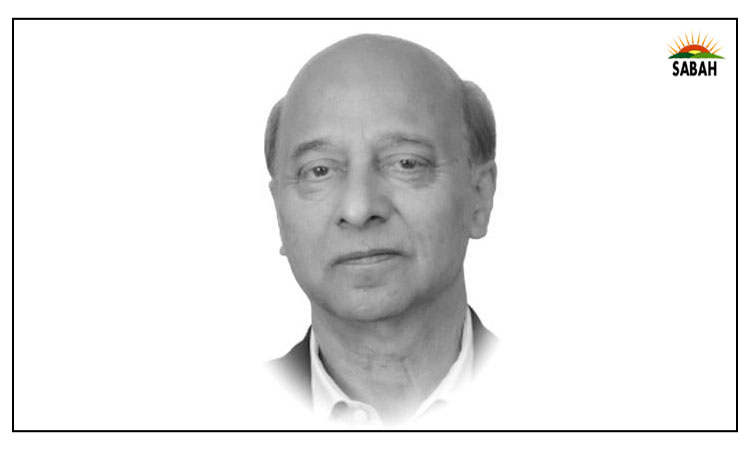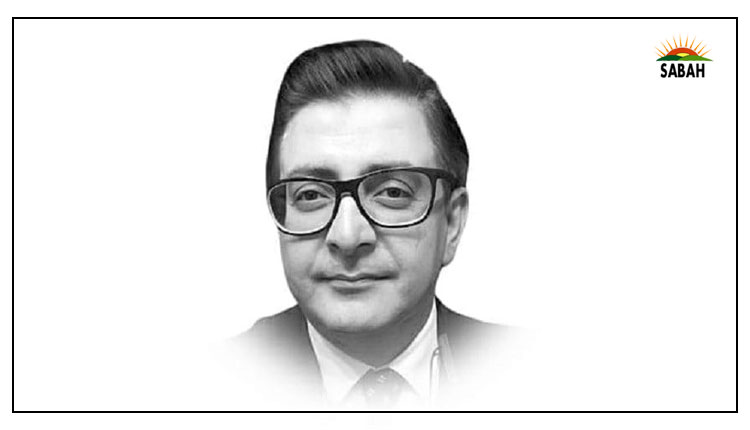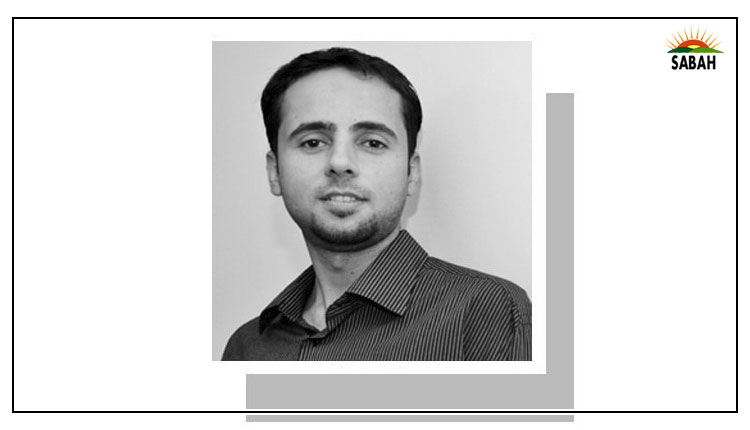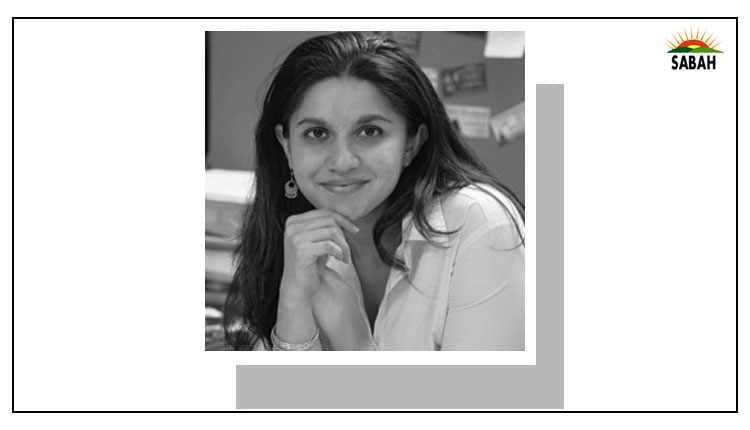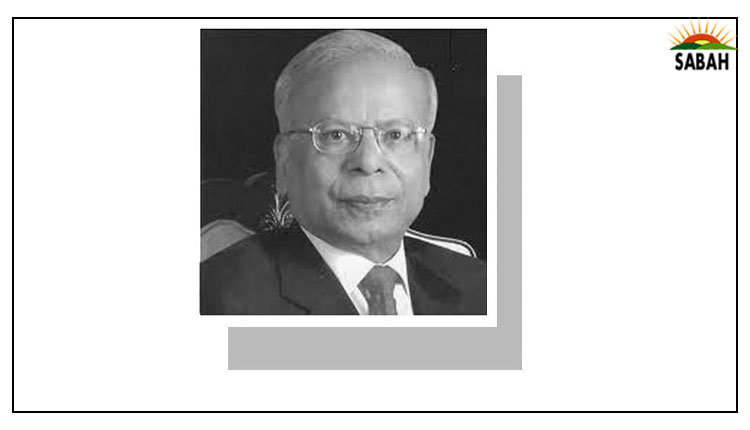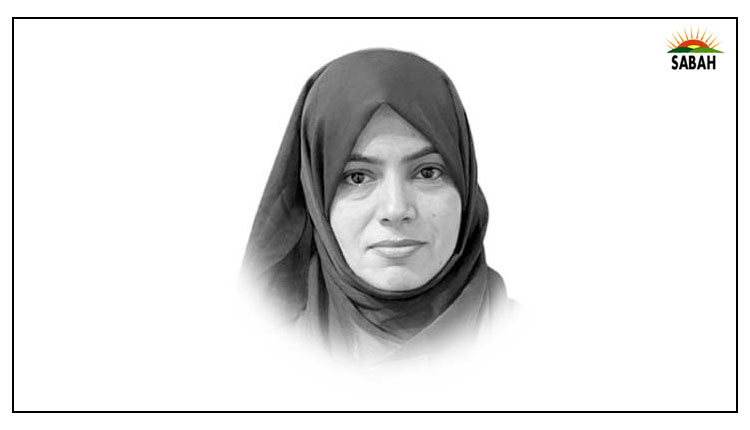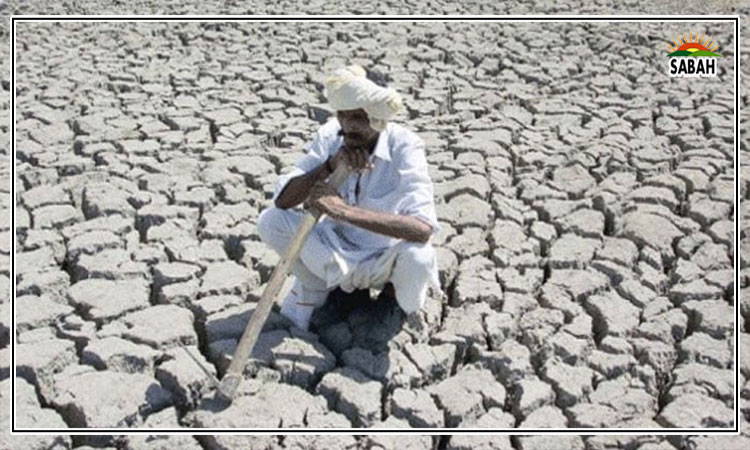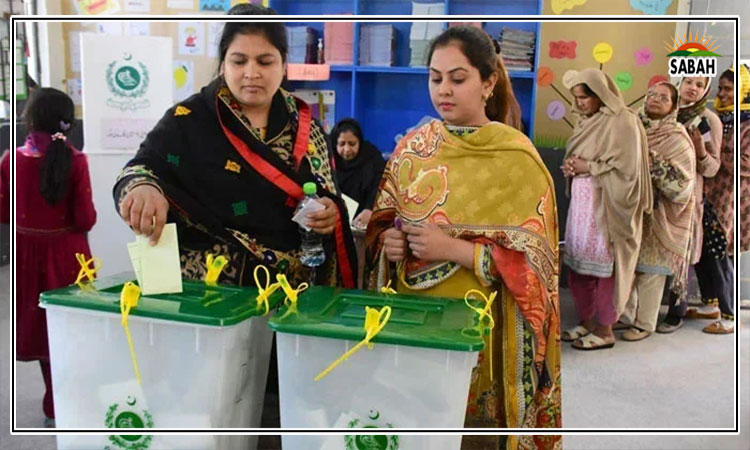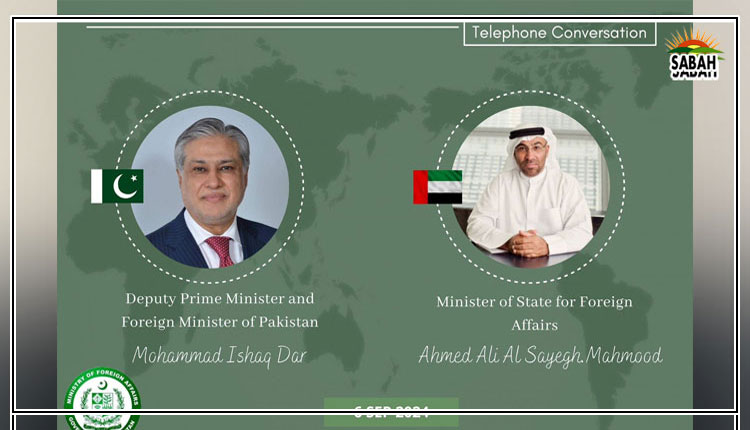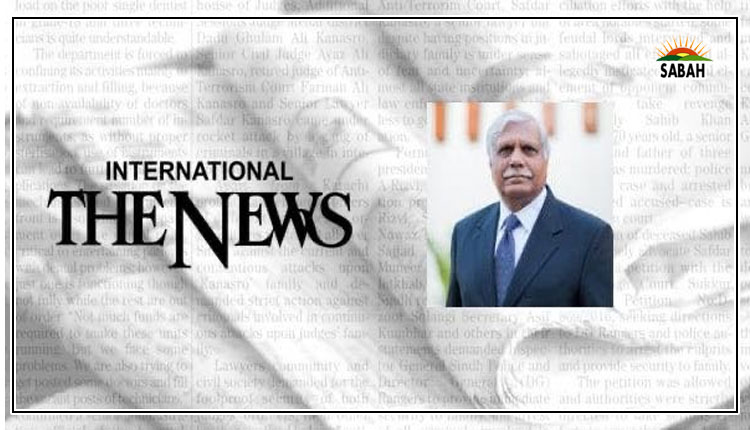A gold medal – and a scramble for glory ….. Shaukat Javed
Arshad Nadeem’s feat in the Paris Olympics was winning a gold medal for Pakistan and setting an Olympic record in javelin throw with the longest throw by any male javelin thrower in the current season.
After this marvelous success, a host of stakeholders are now vying for credit for this achievement. Videos are being made and chits are being handed over to him to give credit to certain individuals and organizations. The facts are far from what is being shown and told to the public.
Arshad Nadeem’s journey started from the local games where he excelled and for which he was trained and escorted by his teacher Abdul Rasheed Saqi. He was spotted and recruited by Wapda in 2015 in grade 11. As described by former chairman Wapda Lt-Gen (r) Muzammal, “Wapda sports board, having seen his potential, groomed him to win [a] bronze medal in [the] Asian junior athletics championship 2016 in Vietnam; he again won a bronze medal at the Asian Games 2018 in Jakarta, Indonesia. A year later he set a new national record [at the] Pakistan National Games at Peshawar.
“During [the] Tokyo Olympics 2020, Arshad became [the] first Pakistani track and field athlete to qualify for the Olympics where he ranked fifth and was elevated to pay grade 18 by his department.” During this period, his coach was Fiaz Hussain Bokhari who worked hard to improve his distance from 60 to 80 meters. The government of Pakistan at that time awarded Arshad Rs2.5 million as a reward.
In the beginning of 2022, Arshad was trained in South Africa under the supervision of an internationally acclaimed coach Terseus Liebenberg. The training was arranged by the Athletic Federation of Pakistan (AFP). Later in the same year he won two successive gold medals at the Birmingham Commonwealth Games and at the Konya Islamic Solidarity Games, setting new records for both the games. He became the first South Asian athlete to breach the 90-meter mark.
At this juncture, Pakistan Olympic Association (POA) secured an elite athlete scholarship for him of $2500 per quarter from the International Olympic Committee (IOC). He also earned a cash reward of Rs5 million from the government of Pakistan along with the president’s award of Pride of Performance.
In late 2022, Arshad developed an elbow and knee injury but was treated at Spire Cambridge Lea Hospital by the AFP. Arshad continued his success journey by winning a silver medal at the 2023 World Athletics Championship in Budapest. This was Pakistan’s first ever medal at such a competition. Later in the same year, he again developed a knee injury during the Pakistan National Games at Quetta.
The next target was the Paris Summer Olympics 2024 and by now it was amply clear that Arshad had the potential to win the first ever gold medal for Pakistan in the field and track events. His parent department Wapda, Pakistan Sports Board (PSB), AFP and POA all started paying more attention towards his treatment and training needs.
Salman Iqbal Butt was appointed as his coach; he approached Dr Ali Sher Bajwa in the UK for his treatment. Dr Bajwa treated Arshad with special exercises, minimally invasive and stem cell techniques and supervised his rehabilitation sessions. He performed all these jobs voluntarily and remained available till the Paris Olympics. His coach remained attached to him with a mission to achieve glory. Arshad was trained for months at Lahore in a training camp preparing for the big event, while the PSB started funding his participation in major international events to improve his confidence and skills.
For an athlete of Arshad’s stature, all the above-stated measures were peanuts from international standards. Athletes of his standing receive years of training from acclaimed coaches on scientific lines, paying attention to their physical fitness, diet, mental strength and training equipment. Their financial needs are also kept in view.
Arshad’s archrival Neeraj Chopra from India, who was enrolled in the Indian army and now holds the rank of subedar major, received substantial financial support from the Indian government and corporates making his impressive net worth of around $4.5 million as compared to Arshad Nadeem’s modest net worth of less than Rs3 crores before the Paris Olympics.
Pakistan lacks proper infrastructure and equipment also. As a member of the organizing committee of the Pakistan National Games Quetta in 2023, I discovered that we did not have electronic time keeping and distance measuring equipment for field and track events and were using obsolete manual watches and tapes. Reportedly, this equipment was hired at the time of the SAF Games in Islamabad in 2004 and later it was not procured by the concerned authorities.
And so Arshad’s victory at the Paris Olympics was primarily his unwavering determination and resilience in overcoming such adversities and with the support of his coach and doctor who groomed him, trained him, and kept him physically and mentally fit.
There are many other problems faced by Pakistan sports. Painfully, the POA and AFP have not been on good terms from the time when three Pakistani medal winners’ athletes at the South Asian Federation (SAF) Games Nepal in 2019 tested positive in dope tests and their medals had to be returned. The AFP’s refusal to participate in an enquiry proceeding initiated by the POA in this regard resulted in its suspension and disaffiliation. This tussle has immensely harmed athletes of field and track events. It is time fences are mended, and normalcy restored.
Another misconception is the prevailing perception that the POA is responsible for the declining standards of sports in the country when in fact, the POA is not responsible for the development and promotion of sports. The POA represents the IOC and is responsible for the preservation and promotion of Olympic movement in Pakistan. It doesn’t take funds from the government of Pakistan and is not answerable to it.
The job of the POA is to coordinate between Pakistan and the IOC. It helps Pakistan’s teams and athletes to participate in international sports events. It also arranges IOC scholarships for Pakistani athletes, umpires and other officials for the improvement of their standards and skills. The POA gets the international games allocated to Pakistan and then it is the responsibility of the government and the PSB to develop infrastructure for holding them in a befitting manner.
The POA got the SAF Games allocated in Pakistan for a third time in 2019 but due to lack of interest on the part of the government, no tangible progress for holding these games is in sight. In the past also, Pakistan declined to hold the Asian Games in 1970 and the Islamic Solidarity Games in1997 when these were allocated to it.
The development and promotion of sports in the country is primarily the job of federal and provincial sports boards as is mentioned in the PSB’s mandate: “to make public sports conscious and encourage their participation in national and international competitions and to encourage promote and undertake all such measures as would assist in the development of sports in Pakistan”.
Apart from the federal and provincial sports boards, sports development and promotion is also the responsibility of the respective sports federations of various disciplines. Unfortunately, due to the paucity of funds and lack of popularity of some sports, the necessary sponsorship is not available. The government’s grants to these federations through sports boards are so meagre that even a national level competition cannot be arranged. The Pakistan Cricket Board is the only sports organization that is self-sufficient in this regard and doesn’t require any financial assistance from the government.
The basic ingredient for the development of sports is its promotion at the grassroots and elite level. To develop Olympic-class athletes, there must be a large pool of healthy nationally competitive athletes competing for the slots at the university and high school levels.
Elite level excellence requires specialized training and preparation. There are great advances in techniques, equipment, coaching, sports sciences and facilities that are made possible by the amount of funding the government is willing to invest in sports.
Multinationals and the corporate sector can be involved to fulfill their corporate social responsibility. A strategy to generate private-sector funding, especially of sports industry for major events, federations’ leagues and teams and a plan to monetize key assets including broadcasting rights, branding events and merchandising is required to be framed. Pakistan has an abundance of sports talent but instead of a fragmented approach to its development a holistic and strategic approach needs to be adopted.
For now, it’s time to enjoy Arshad Nadeem’s much-needed victory rather than throwing javelins at each other.
X/Twitter: @shaukatpsp
Email: shaukatpsp@hotmail.com
The writer is a retired inspector general of police and former
caretaker home minister of Punjab.
Courtesy The News


